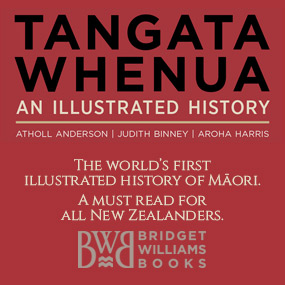NZ Devises Manuka Honey Test to Fight Fakes
The New Zealand Government has tested 800 samples of honey from around the world to establish a scientific definition of genuine manuka honey and crackdown on alleged fakes, Eleanor Ainge Roy writes in a story for the Guardian.
Jars purporting to be New Zealand manuka were pulled from UK shelves – including at Fortnum & Mason – earlier this year when it was discovered they were fake amid a craze for the product, which is highly valued for its medicinal properties.
The demand has pushed the cost of some jars to $590 but has also encouraged unscrupulous producers to fake the active manuka content, leptosperin, in their product.
After three years of testing honey samples, New Zealand’s Ministry for Primary Industries (MPI) has released a scientific definition to be used to authenticate manuka honey destined for export in a bid to restore consumer confidence.
The new definition means that honey must have five attributes – four chemicals and one DNA marker – in order to be classified as genuine New Zealand manuka.
“Questions have been raised in overseas markets about the authenticity of some honey being sold as New Zealand manuka honey,” deputy director-general of MPI Bryan Wilson said.
“It is important that overseas regulators have confidence in the assurances we give them about New Zealand manuka honey, and that consumers in those countries are confident they are getting the real deal. If not, our access to markets could be put at risk or we may lose the premium price which our bee products command overseas,” Wilson said.
Original article by Eleanor Ainge Roy, The Guardian, April 12, 2017.














